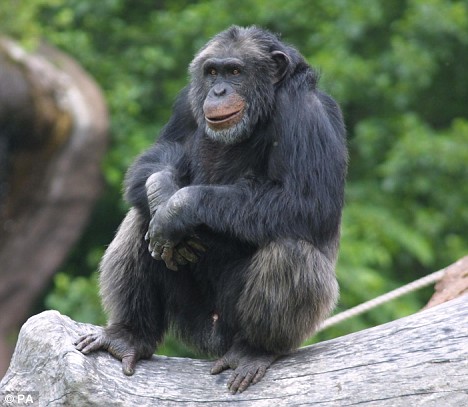
I can understand people being shocked by some of Peter Singer‘s conclusions, but I am a little surprised that certain academics (professional thinkers) have reacted so strongly against his views. Many critics strike me as falling into the logical fallacy of arguing from adverse consequences. (The argument is false because I don’t like its conclusion.)
Singer does not argue, from what I recall of my reading of any of his books, that abortion, euthenasia or infanticide “the morally right” or “the morally justifiable” thing for people “to practise”. It strikes me as a gross misunderstanding of his arguments to claim that he argues that a cockroach is of more value than some human lives. I don’t have my Singer books with me now, but none of those ideas are what I took away from reading any of them. Did I miss something?
Where I understand his analysis takes us is to realizing that the value of another person’s life is multidimensional. There is the innate value of a person’s own life-quality and potential. But there is also the value and meaning that each person has for others, especially family. The love a parent bears for a child, the supreme value a parent places in a child, makes infanticide unthinkable for most, for example.
And we are above all by nature social animals. Everyone loves and values the cuteness of infants. So even in those tragic circumstances where parents do not want their children, a child is not unwanted or unloved.
The value of Peter Singer’s work is, to my thinking, in helping us see ourselves for what we are — one of many species inhabiting this planet, and that there is a lot more in common among a range of social animals than we have often cared to admit. Other scientists of consciousness have likewise shown that consciousness is not something that is an either-or phenomenon, but something we see in varying degrees throughout different species.
I think some of the more extreme criticisms of Peter Singer’s conclusions actually demonstrate the strength of our social nature. Humans as societies, not just as parents, do care for infants.
At the same time, advances in biology must necessarily challenge our understanding of ourselves, and not only the values we impute into each other, but the value we place on ourselves within the context of all sentient species.
My reading of Singer’s discussions on ethics is not so black-and-white, nor even contrary to normal human compassions, than some critics seem to suggest.



